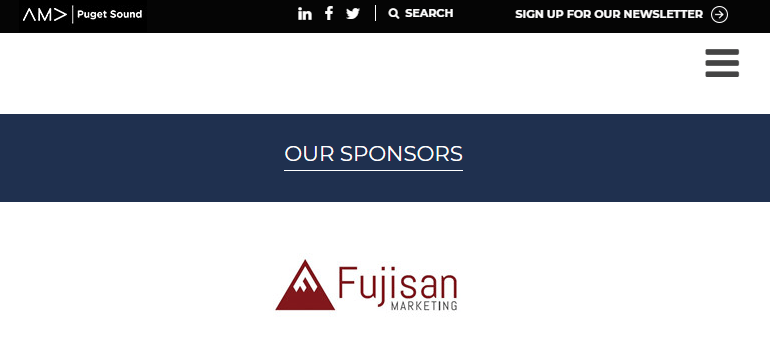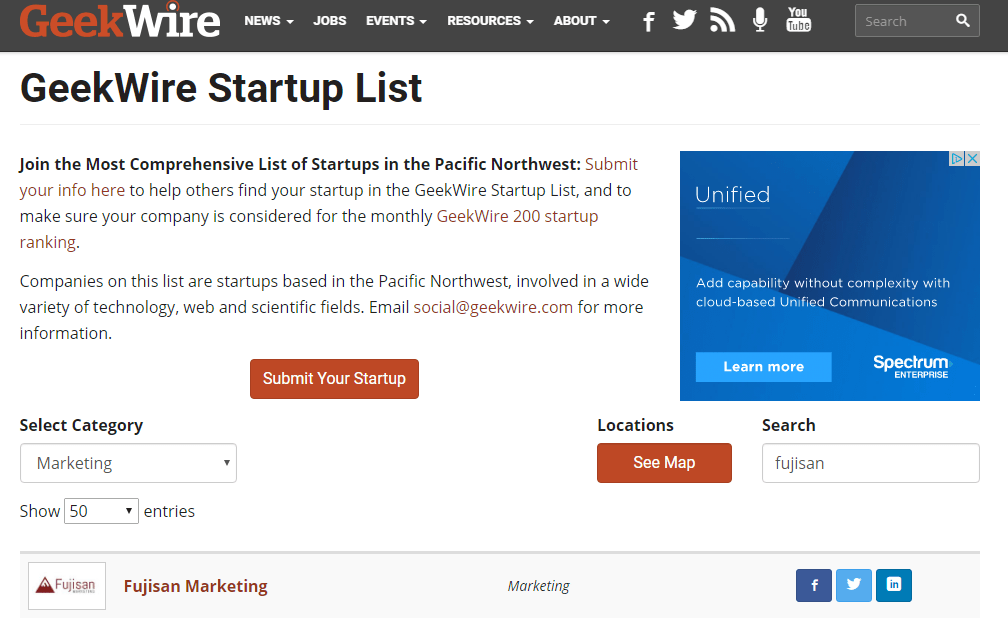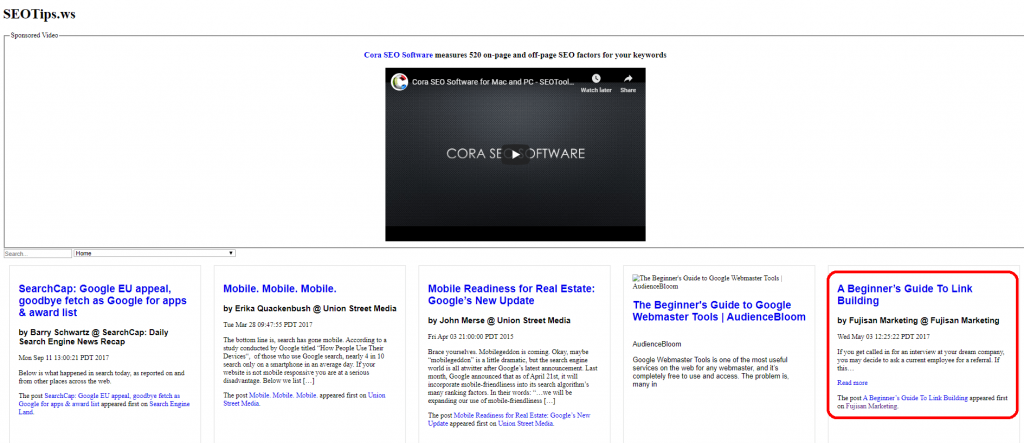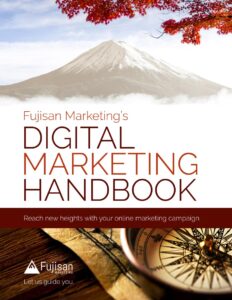Do you ever feel like you’ve hit a ceiling for your business’ online presence? After all, you’ve put a lot of effort into making sure your business and its site are well-represented online, but after a certain amount of effort, perhaps a sense of diminishing marginal returns start to kick in. But don’t fret, because there’s another factor that can help boost all your other efforts!
Enter your link profile.
Link building: What is it and why do I care?
Link building is, simply put, the process of proactively increasing the amount of other websites linking to your site — and improving the quality of those links (more on that in a second). This is important since it has a direct impact on how high up Google, Bing, etc. rank your site; for search engine rankings, the quantity and quality of other sites’ link referrals is a significant part of how much authority your site has. Ergo, if few sites are linking to your own, your site will be much lower on a search engine’s list of relevant results.
In other words, it’s the internet’s version of those popularity contest-fueled high school class president elections: it doesn’t matter if your site is the best if no one else on the internet is willing to say so.
When Google launched in 1998, it immediately began using links to evaluate the strength of websites — something which was innovative and unusual at the time. Google assigns a score from 1 to 10 (referred to as “PageRank”). While PageRank information isn’t available publicly, it is a core component of Google’s search algorithm. (And if you’d like to get an estimate of how successful your site is here, tools like Moz Analytics and SEMRush can help gauge what your PageRank may be.) Hence, even if your site’s other factors are functioning well for Google’s algorithm, neglecting your link profile will lower your PageRank and cause your site to slide farther down Google’s search results.
Why do search engines care?
So, that’s why you should care about link building — because search engines care, and they are the traffic directors of the internet. But why do they care?
Effectively, link profiles are a marker of how trustworthy a site is. The algorithm is set up to assign a greater importance to the number of links directing to your site. Furthermore, the more quality links directing to your site are particularly important.

Example of Link from AMA Puget Sound to Fujisan Marketing
Think of it that, if you had an absolute trashfire of a website, no one would want to link to you. So, Google (or Bing) deduces, the more quality links are pointing your direction, the less trashfire-y your site must be. Dare we say, after a certain amount of quality links, you might even have a good site (In Google’s eyes). Imagine that! It’s kind of like each site that links to you is vouching to Google that your site’s crushing it.
There is a catch, though, which goes back to the whole “quality links” thing. Back in the day — and, honestly, sometimes still today — people would buy a load of links to ostensibly increase their link profile’s volume. In these cases, however, most of these links would come from link farms, which are websites that exist solely to link to other sites. And, honestly, a bunch of these sites were very trashfire-y as well. So naturally you can see why Google wouldn’t want to trust these kind of links.
Enter the importance of quality links. Google feels that websites that have strong in-bound links to the website and that are seen as an authority in their space are much more important than a single page website that has been up for less than a month.

Higher Quality Link Example

Lower Quality Link Example
In a way, websites with strong link profiles are further favored because they kill two birds with one stone by helping Google get to know other sites online. This is because these links help search engine crawlers navigate the web. Thus, when you have a strong link profile, Google’s rewarding you for being exceptionally trustworthy and making their job easier. After all, as far as search engines are concerned, if there’s a website without any links to it, does it even exist?
These are the basics of “what” and “why” for link building. If all you were looking for in this piece was a better understanding of link profiles, then you should be good to go! But if you’re interested in implementing this knowledge to increase your website’s effectiveness, we’ve got a follow-up post coming soon!
Have additional questions about link building? Feel free to lean on the experts here at Fujisan for recommendations on how link building can improve your website’s SEO.




